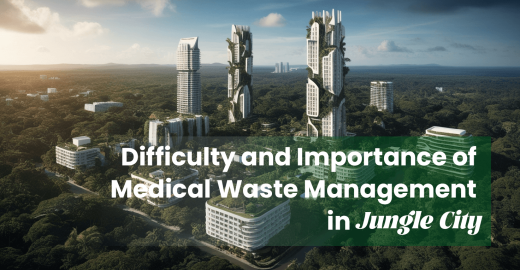Time:
“Making the right diagnosis at the right time is the foundation of safe and effective healthcare. In contrast, diagnostic errors can lead to serious harm and even death.” — Dr. Tedros Adhanom Ghebreyesus, WHO Director-General
According to the World Health Organization, diagnostic errors account for approximately 16% of preventable harm in healthcare each year. This has a profound impact on both human lives and the economy. Data shows that most adults will experience at least one diagnostic error in their lifetime, including delays, missed diagnoses, incorrect diagnoses, and overprescription of medication. These errors can lead to severe illness, long-term health problems, increased healthcare costs, and even deaths that could have been avoided.
"Reducing this risk requires collaboration among healthcare workers and managers, policymakers and regulators, civil society and the private sector, and, importantly, patients and their families." — Dr. Tedros Adhanom Ghebreyesus, WHO Director-General
Targeted interventions from all stakeholders, along with active involvement from patients, families, and civil society, can help reduce the risk of errors:
Improving diagnostic error rates requires the concerted efforts of all stakeholders. By collaboratively creating a more rigorous diagnostic system, we can gradually reduce risks. We believe that, in the future, we can further promote patient safety and improve patient well-being!

What is the Polluter Pays…

Forests and wetlands are …

Of course! LI-YING has ex…
PDF Request